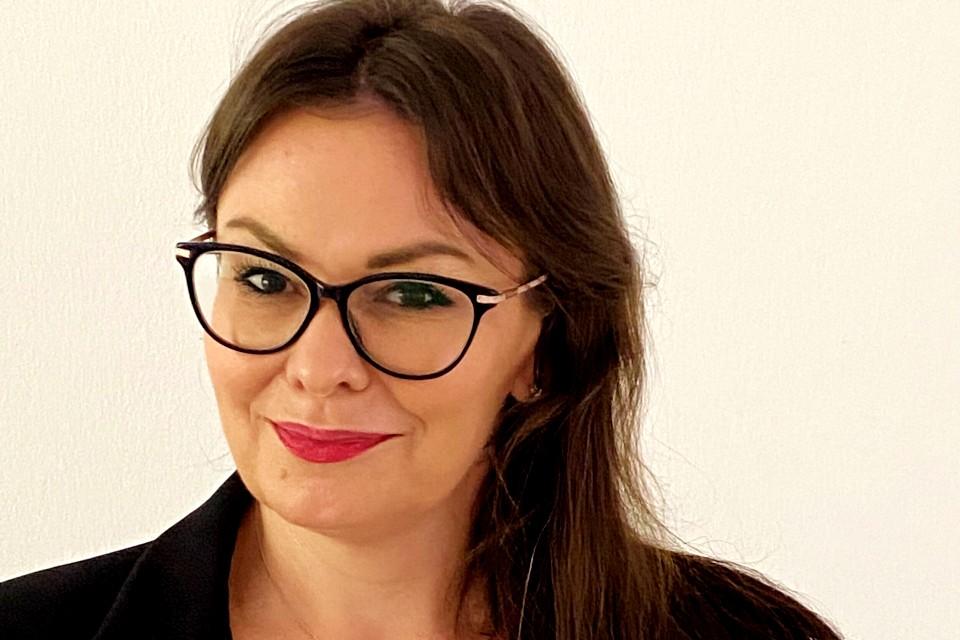In our continuing series highlighting individuals making an impact globally while living and working in Singapore, Expat Choice caught up with UK Expat Sophie Brown Arc & Co.’s representative for South East Asia to discuss the true cost of capital when it comes to development finance.
When looking at development finance, many borrowers focus on the rate of interest that is applied to the loan, however this is only a small fraction of the total cost of capital and there is much more to consider. It is not always the lowest interest multiple that generates the lowest cost and the most suitable loan.
The first and maybe most obvious consideration is gearing. How much leverage is required? The higher the leverage, the higher the risk. The higher the risk, the higher the price. Once you have worked out how much leverage you require to fund the development, you can then start to look at how to structure the loan in ways that maximise your profit and/or minimise your equity, increasing your return on equity (ROE).
Some borrowers require low leverage and low pricing to maximise their profit margin, but this is equity intensive resulting in a low ROE. In real terms, this approach is very expensive as equity is more costly than debt, both in pricing should you need to raise it, but also in opportunity cost should you already have it, limiting the number of developments that you can construct at any one time.
To minimise the equity required you need to look at maximising the day one land advance, which comes with increased leverage and is the amount contributed by the debt facility once all other delivery costs including interest have been funded. It is not always the loan with the cheapest interest that maximises the day one advance. A borrower needs to understand the in and out fees and how they are apportioned to the loan.
For instance, if the interest rate is low but the entry fees are high, this is likely to reduce the day one advance. Some lenders will back end the fees meaning that there is more to pay on the exit of the loan. The lender is taking more risk and therefore this might be reflected in the interest rate charged to the debt.
The delivery programme is just as important as often this is where interest is saved, regardless of the rate at which it is charged. Most construction drawdowns are calculated on an S-Curve basis, meaning you are only paying interest on the amount of debt that is drawdown.
Simply put, capital that is not being used is not charged upon. The only way to be accurately assess this is to build a realistic cashflow model and likely drawdown profile to properly analyse debt required and the associated interest coupon. Some borrowers will work on a peak debt basis, further still reducing their cost of borrowing by optimising their drawdown profile. This works well when building houses but is very difficult in residential blocks.
In summary, to accurately calculate and compare the true cost of capital you need to measure it as a percentage the total cost of finance by adding together the entry and exit fees, the interest apportioned to the loan and cashflow divided by the gross loan amount.
This percentage can then be measured against ROE and it is often surprising that the loans with the lowest interest rate, aren’t always necessarily the cheapest overall cost of capital. The biggest factor that affects how cost effective a borrower’s capital really is, is ultimately down to the performance of the project, construction, sales and time.
To find out more about how we can help, contact Sophie on the details below:
Sophie Brown
e. sophie@arcandco.com
t. +65 9018 3727 Singapore Tel. & WA
t. +44 7932 085 670 UK Tel. & WA













